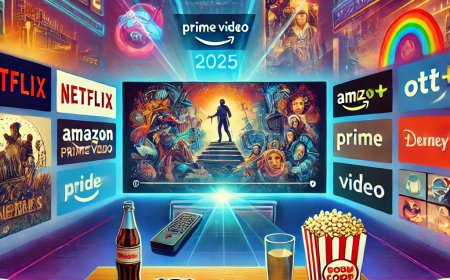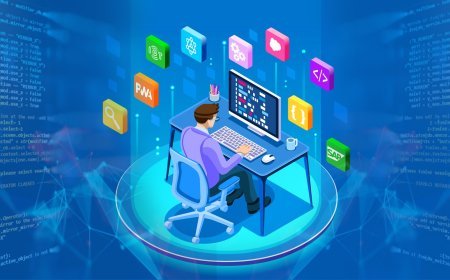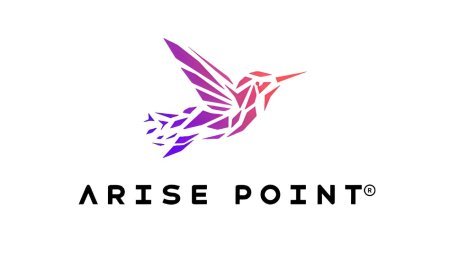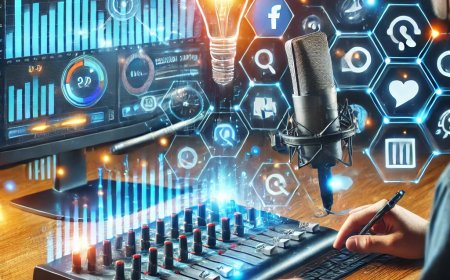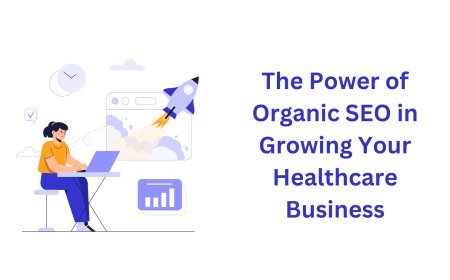How AI is Shaping the Future of Open Source Communities
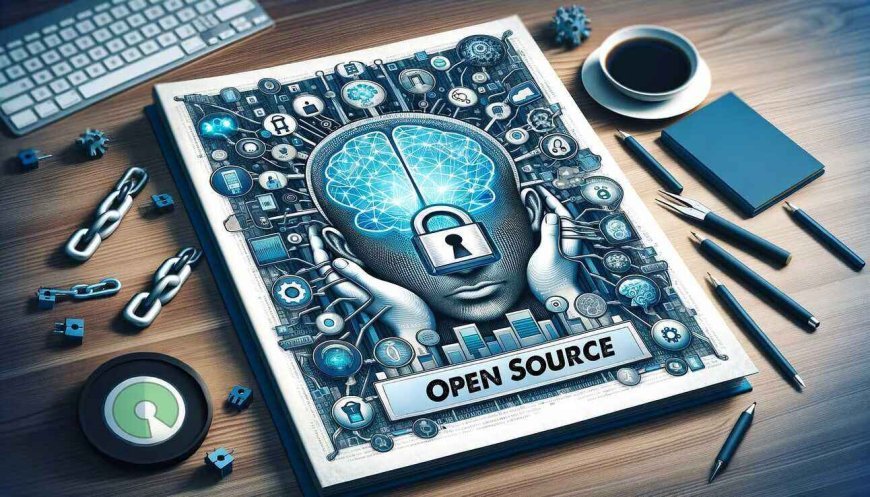
Introduction
AI is transforming various industries, and open-source communities are no exception. Open source has long been a hub for innovation, collaboration, and democratized software development. AI, with its capabilities in automation, data analysis, and predictive insights, is reshaping the way developers contribute, collaborate, and manage open-source projects. Moreover, AI software development companies are playing a crucial role in advancing open-source AI tools and frameworks, making sophisticated AI capabilities more accessible to developers worldwide.
This article explores how AI is shaping the future of open-source communities, from streamlining development workflows to enhancing security and fostering inclusivity.
AI-Driven Code Generation and Optimization
One of the most significant ways AI is impacting open-source development is through automated code generation and optimization. Tools like GitHub Copilot, OpenAI’s Codex, and Tabnine are revolutionizing how developers write code. These AI-powered tools suggest lines of code, detect errors, and even complete entire functions based on context, significantly improving efficiency.
Benefits:
-
Faster Development – AI-driven coding assistants help developers write code faster by offering smart suggestions and auto-completions.
-
Code Optimization – AI can analyze codebases and suggest performance enhancements, improving execution speed and resource utilization.
-
Reduced Errors – By detecting potential bugs and vulnerabilities, AI can prevent common programming mistakes before they reach production.
As AI models continue to learn and evolve, they will further enhance the quality and efficiency of open-source software development.
Enhanced Bug Detection and Security
Security remains a critical concern for open-source projects, as vulnerabilities in widely used software can have severe implications. AI is playing a crucial role in strengthening security in open-source communities by automating bug detection and vulnerability assessments.
AI-Driven Security Enhancements:
-
Automated Vulnerability Scanning: AI-powered tools like Dependabot and Snyk continuously scan repositories for known vulnerabilities and suggest fixes.
-
Threat Prediction: Machine learning models analyze code patterns and detect potential security threats before they become exploitable.
-
Automated Patching: AI can suggest and, in some cases, apply security patches automatically, reducing the time developers spend fixing vulnerabilities.
By integrating AI-driven security solutions, open-source projects can become more resilient against cyber threats, ensuring safer software for users worldwide.
AI-Powered Collaboration and Community Engagement
Open-source communities thrive on collaboration. AI is making it easier for developers across the globe to contribute and engage effectively.
Ways AI Enhances Collaboration:
-
Intelligent Code Review – AI-powered tools like DeepCode and CodeGuru provide automated code reviews, offering suggestions to improve code quality and maintainability.
-
Automated Documentation – AI can generate documentation based on the code, making it easier for new contributors to understand and engage with projects.
-
Smart Matching of Contributors – AI-driven platforms analyze contributor profiles and match them with suitable projects, improving participation and engagement.
-
Automated Issue Categorization – AI helps maintainers by categorizing and prioritizing issues, making bug tracking and feature requests more manageable.
By leveraging AI, open-source communities can foster more efficient and productive collaboration among contributors.
Democratizing AI Development Through Open Source
While AI is transforming open-source communities, open source is also shaping the AI landscape. Many AI frameworks and libraries, such as TensorFlow, PyTorch, and Hugging Face, are open source, allowing developers worldwide to contribute, enhance, and innovate AI technologies collaboratively.
Impact of Open Source on AI Development:
-
Accessibility: Open-source AI tools enable researchers, startups, and independent developers to access cutting-edge AI technologies without the need for expensive proprietary solutions.
-
Transparency: Open-source AI projects encourage transparency and accountability, ensuring ethical AI development.
-
Innovation: By allowing contributions from a diverse pool of developers, open-source AI fosters innovation and rapid advancements in AI capabilities.
The synergy between AI and open source is creating a more inclusive and innovative ecosystem for AI research and development.
Automating Open Source Governance
Managing open-source projects involves governance, which includes handling licensing, contributor agreements, and code of conduct enforcement. AI is streamlining governance processes by automating compliance checks and policy enforcement.
AI in Open Source Governance:
-
License Compliance: AI tools can scan repositories to ensure compliance with open-source licenses, reducing legal risks.
-
Code of Conduct Enforcement: AI-powered moderation tools can detect and prevent toxic behavior in open-source communities, fostering a more inclusive environment.
-
Automated Contributor Recognition: AI can track and highlight contributor efforts, improving motivation and recognition within the community.
Automating governance processes allows open-source maintainers to focus on innovation rather than administrative tasks.
Challenges and Ethical Considerations
While AI offers numerous benefits to open-source communities, it also presents challenges that must be addressed.
Key Challenges:
-
Bias in AI Models – AI models can inherit biases from training data, leading to unfair or inaccurate code suggestions.
-
Over-reliance on AI – Excessive reliance on AI tools might reduce critical thinking and problem-solving skills among developers.
-
Ethical AI Development – Ensuring AI contributions align with ethical standards and transparency is crucial.
-
Intellectual Property Concerns – The use of AI-generated code raises questions about ownership and licensing, requiring clearer legal frameworks.
By proactively addressing these challenges, open-source communities can harness AI’s potential responsibly.
The Future of AI in Open Source
As AI continues to evolve, its role in open-source communities will expand, offering even more sophisticated automation, security, and collaboration enhancements. Future developments may include:
-
AI-generated entire software systems based on high-level descriptions.
-
More advanced AI-driven code reviews with deep contextual understanding.
-
AI-assisted community management for efficient engagement and governance.
-
Self-healing codebases that automatically detect and fix issues without human intervention.
With the right balance of AI and human ingenuity, open-source communities will continue to thrive, shaping the next generation of technology.
Conclusion
AI is undeniably transforming open-source communities, offering powerful tools for coding, security, collaboration, and governance. By embracing AI responsibly, open-source projects can become more efficient, inclusive, and innovative. However, challenges such as bias, ethical considerations, and legal issues must be addressed to ensure a sustainable and fair AI-driven future.
The fusion of AI and open-source is a testament to the power of collaborative innovation. As AI technology advances, open-source communities will remain at the forefront, driving progress in software development and beyond.
What's Your Reaction?




























